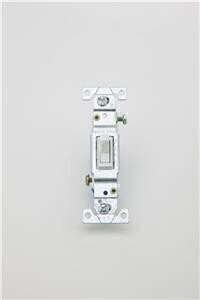News & Views
Wound Care Project Could Reduce Diabetic Amputations
Mar 08 2019
Researchers at the University of Nottingham have secured funding to develop a disposable dressing that could have a significant impact on patient care and healthcare costs for wound management, said to be £4.5-£5.1bn a year – currently more than 4% of the NHS budget.
The project is initially focusing on hard-to-heal wounds such as foot ulcers, which represent a large proportion of this cost – standing at nearly £1bn. It was estimated that better wound monitoring has the potential to reduce the 7,000 lower limb amputations that affect people with diabetes in England each year.
“Thanks to a £902,524 grant from the Medical Research Council, we can develop a real step change in the care of chronic wounds. Our smart wound dressing incorporates optical fibre sensors which will remotely monitor multiple biomarkers associated with wound management such as temperature, humidity and pH, providing a more complete picture of the healing process.
“At present, regular wound redressing is the only way to visually assess healing rates, however this exposure can encourage infection, disrupt progress and creates a huge economic burden on NHS resources. Instead our technology will indicate the optimum time to change the dressing and send out an alert if intervention is required with infected or slow-healing wounds to improve patient care and cut the number of healthcare appointments needed,” explained Professor Steve Morgan, Director of the Centre for Healthcare Technologies and Royal Society Industry Fellow at the University.
Developed and validated by the Centre in laboratory tests, the proposed sensors will be fabricated in very thin (~100um diameter), lightweight, flexible, low-cost optical fibres and incorporated into fabric similar to a conventional wound dressing. Connection to a reusable opto-electronic unit will constantly evaluate the wound’s status relaying information to both the patient and clinicians via wireless transfer linked to a mobile phone.
The marginally higher initial cost of the smart bandages is expected to be offset by fewer dressing changes and practitioner visits.
The project will last 34 months in total - 24 months on product development and 10 months of clinical evaluation and chronic wound patient feedback.
Digital Edition
Lab Asia 31.2 April 2024
April 2024
In This Edition Chromatography Articles - Approaches to troubleshooting an SPE method for the analysis of oligonucleotides (pt i) - High-precision liquid flow processes demand full fluidic c...
View all digital editions
Events
Apr 28 2024 Montreal, Quebec, Canada
May 05 2024 Seville, Spain
InformEx Zone at CPhl North America
May 07 2024 Pennsylvania, PA, USA
May 14 2024 Oklahoma City, OK, USA
May 15 2024 Birmingham, UK


















